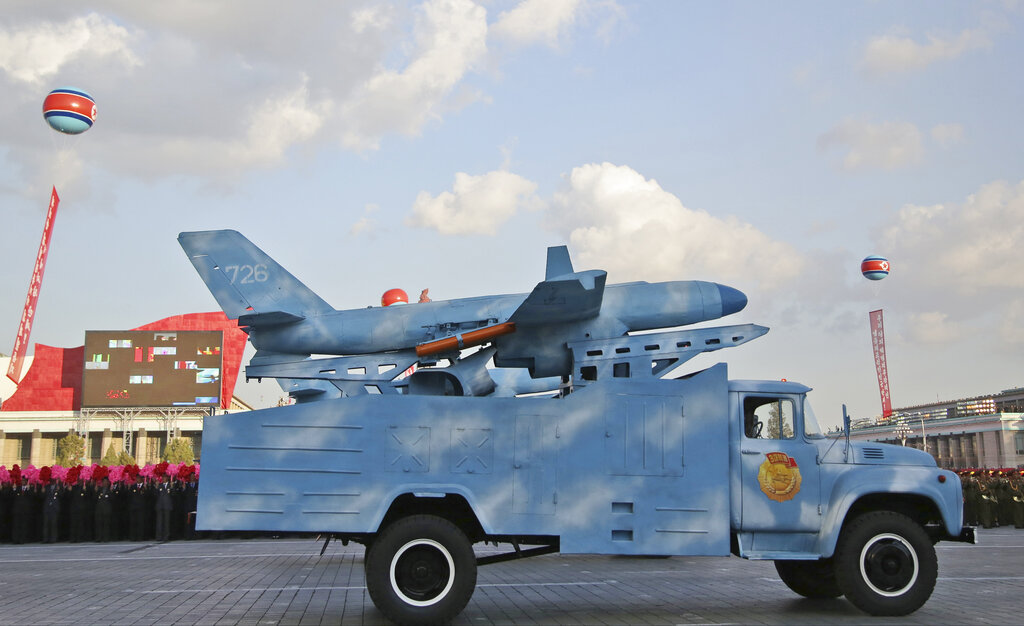
A North Korean drone entered the northern end of a 3.7km (2.2 miles) radius no-fly zone around South Korea’s presidential office in Seoul when it intruded into the country’s airspace last month, South Korean military officials say.
“It [the drone] briefly flew into the northern edge of the zone, but it did not come close to key security facilities,” a military official told South Korea’s Yonhap News Agency on Thursday.
The drone was among five North Korean unmanned aerial vehicles that crossed the border and entered South Korean airspace on December 26, prompting South Korea’s military to scramble fighter jets and attack helicopters. The military could not bring down the drones, which flew over South Korean territory for hours.
South Korea’s Joint Chiefs of Staff had denied that one of the drones intruded into the presidential office no-fly zone, however, on Thursday confirmed that a drone had violated the northern end of the secure area but did not fly directly over the Yongsan area, where the office of President Yoon Suk-yeol is located.
The drone incursion has sparked criticism of South Korea’s air defences at a time when North Korea poses a growing threat as it develops its ballistic missile technologies, including test-launching an unprecedented number of missiles last year.
“Drone incursions have laid bare the South’s insufficient readiness to detect, track and shoot down such small drones,” Yonhap said.
South Korea’s president warned on Wednesday that he would consider suspending a 2018 inter-Korean military pact with Pyongyang if drones violate his country’s airspace again.
“He instructed the national security office to consider suspending the validity of the military agreement if North Korea stages another provocation invading our territory,” presidential press secretary Kim Eun-hye told a briefing.
The 2018 deal, sealed on the sidelines of a summit between North Korean leader Kim Jong Un and former South Korean President Moon Jae-in, called for ceasing “all hostile acts”, creating a no-fly zone around the border, and removing landmines and guard posts within the heavily fortified Demilitarized Zone (DMZ).
Yoon’s threat to abandon the 2018 pact could mean the return of live-fire drills in the former no-fly zone and propaganda broadcasts across the border – all of which drew angry responses from Pyongyang before the pact. Yoon has criticised the military’s handling of the drone incident, and has urged the country’s forces to stand ready to retaliate, even if that means “risking escalation”.
He has also ordered the defence minister to launch a comprehensive drone unit that performs multipurpose missions, including surveillance, reconnaissance and electronic warfare, and also called for a system to mass-produce stealth drones.
South Korea’s army has operated two drone squadrons within its Ground Operations Command since 2018, but they were primarily designed to prepare for future warfare.







